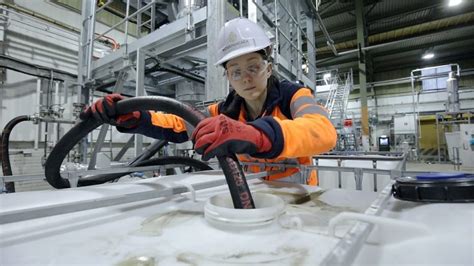An aviation partnership led by British Airways has secured funding totalling £9 million from the government’s Advanced Fuels Fund (AFF) competition. The grant clears the venture for takeoff towards big investments in clean plane fuels by International Airlines Group, BA’s parent, by next summer.
Project Speedbird links the UK’s national flag carrier with fuel innovators Nova Pangaea Technologies and with LanzaJet, one of the world’s biggest converters of ethanol into industry-grade jet fuel.
NPT, a Teesside-based advanced biofuels company won £7.5 million as part of the partnership. LanzaJet, the world’s leading ethanol-to-SAF company, picks up the remaining £1.5 million.
Securing the UK’s place as a world-leader in decarbonising commercial aviation is the partners’ goal.
The AFF award follows multi-million-pound investments by International Airlines Group (IAG) and British Airways earlier this year into NPT and into Project Speedbird respectively.
IAG is also a founding shareholder of LanzaJet, dating back to 2021.
The carbon-stripped motion lotion will be developed via NPT’s protected technology, which converts farm waste and wood chips into second-generation biofuels such as ethanol, as well as through LanzaJet’s expertise in turning ethanol into SAF.
From Teesside, the semi-finished fluid will be transported to LanzaJet’s alcohol-to-jet fuel (ATJ) plant in Georgia, USA. Under the Project Speedbird name, the trio plan a large ATJ factory for the UK, to be built by 2027.
The British factory’s output of around 100 million litres per year will exclusively power British Airways’ flights, cutting CO2 emissions by around 230,000 tonnes, as much as is now emitted by around 26,000 of the airline’s intra-UK flights.
The project will ramp up to full output within a year, supporting progress in 2028 towards the UK’s SAF mandate. This requires at least 10% of jet fuel used by airlines to be made from sustainable feedstocks by 2030.
From Nova Pangaea Technologies chief executive Sarah Ellerby said: “With support from the Government, British Airways and LanzaJet, we can now accelerate our next phase of development and the commercialisation of our technology, to help take the UK one step closer to becoming a global leader in SAF“.
Our first production facility will be the first of its kind in the UK, and our partnership, Project Speedbird, will play a transformational role in decarbonising aviation, as well as providing local jobs in the North East.”
From British Airways, its director of sustainability Carrie Harris continued: “Sustainable aviation fuel is currently the only realistic low carbon solution for long-haul flights, so it’s vital we continue to develop SAF technology in order to create enough supply.
“The UK has the potential to become a leader in the production of SAF, and this pioneering project is one step closer to this becoming a reality and a big moment for British Airways and UK SAF production more generally.”
LanzaJet CEO Jimmy Samartzis commented: “The aviation industry has set ambitious, necessary targets to address the urgency of climate change. This next generation of sustainable fuels will be critical.
“Project Speedbird is a tremendous example of what it takes to scale the industry and meet this moment. Government support like this is critical“.




